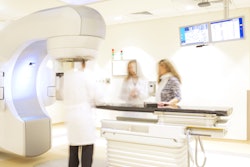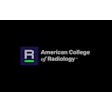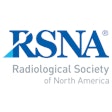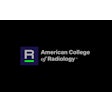The American Society for Radiation Oncology (ASTRO) has updated its clinical guidelines on using radiation therapy to treat adults with World Health Organization (WHO) grade 4 diffuse gliomas.
This category includes some of the most common and most aggressive primary brain tumors. ASTRO's new guideline replaces its 2016 version, coincides with the WHO's reclassification of the disease in 2021, and is published in Practical Radiation Oncology.
Key recommendations from the updated guidelines are as follows:
- Fractionated radiation therapy is recommended for patients who have undergone biopsy or resection.
- Temozolomide chemotherapy given concurrently with and following radiation therapy is also recommended after biopsy or resection. Alternating electric field therapy is conditionally recommended after radiation therapy for patients with tumors in the upper regions of the brain.
- Shorter radiation courses are conditionally recommended for elderly patients and those with indications of frailty. For patients with severe frailty, who have notably increased risk of complications from intensive treatments, supportive care in lieu of chemoradiation is conditionally recommended following a multidisciplinary, patient-centered discussion.
- Reirradiation for WHO grade 4 diffuse glioma recurrence is conditionally recommended for selected adult patients with good functional status, following a multidisciplinary, patient-centered discussion.
ASTRO developed the guidelines in collaboration with the American Association of Neurological Surgeons/College of Neurological Surgeons (AANS), the American Association of Neuropathologists (AANP), the American Society of Clinical Oncology (ASCO), and the Society for Neuro-Oncology (SNO). They are also endorsed by the European Society for Radiotherapy and Oncology (ESTRO) and the Royal Australian and New Zealand College of Radiologists (RANZCR).


















